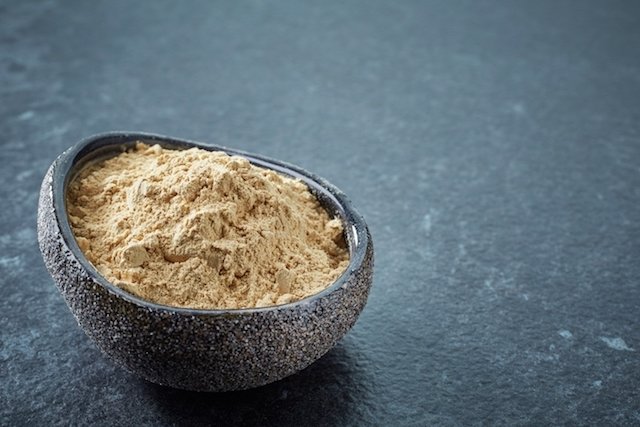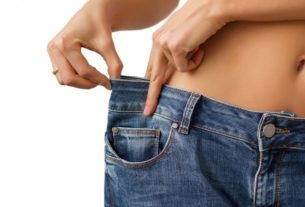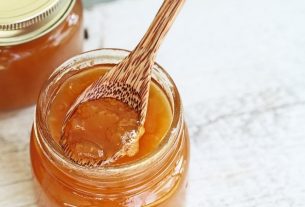Ibogaine is the active ingredient from the root of a plant from the African continent called iboga, which has hallucinogenic properties and is therefore normally used in some religious ceremonies.
Furthermore, ibogaine appears to balance serotonin and dopamine levels in the central nervous system and, therefore, can help in the treatment of addiction to drugs such as tobacco and cocaine.
However, as there are still no scientific studies that prove the safety and effectiveness of this plant in humans, the use of iboga and ibogaine is prohibited in Brazil.

What is ibogaine used for?
Because it has effects similar to serotonin and dopamine, the possible health benefits of ibogaine are:
- Help in the treatment of drug addiction such as alcohol, crack, tobacco, cocaine and morphine, reducing the desire for consumption and withdrawal crises;
- To improve tiredness, libido and mood.
However, as more studies are needed to confirm the safety and effectiveness of ibogaine, the use of this plant in Brazil is only permitted in controlled scientific research.
Effects of Ibogaine
Like hallucinogenic mushrooms and ayahuasca, ibogaine is a hallucinogenic plant. Therefore, chewing the iboga plant or drinking tea from the root of this plant promotes relaxation, in addition to causing crying, laughing and hallucinations such as seeing or hearing distorted or non-existent things.
It is also believed that the use of iboga favors the purification of the mind and body, the feeling of “leaving the body” and the encounter with spirits.
Depending on the amount consumed, the hallucinogenic effects of ibogaine can last up to 24 hours after ingestion.
Possible side effects
The side effects of ibogaine begin around 30 minutes after ingestion, and can last up to 3 hours, and include:
- Agitation;
- Nausea;
- Intense and repeated vomiting,
- Headache;
- I am;
- Tremors:
- Loss of motor coordination;
- Cold or heat.
Furthermore, ibogaine consumption can also cause psychiatric symptoms, cardiac arrhythmia, severe dehydration, epileptic seizures and sudden death.
Who cannot use
People with cardiovascular diseases, liver diseases or psychiatric illnesses, such as psychosis, schizophrenia or bipolar disorder, cannot use ibogaine.
Ibogaine should not be used in conjunction with other drugs, such as alcoholic beverages, marijuana, ecstasy or cocaine.
Furthermore, children, as well as pregnant or breastfeeding women, should also not consume ibogaine.
Bibliography
- MULTIDISCIPLINARY ASSOCIATION FOR PSYCHEDELIC STUDIES. Ibogaine. Available at: <https://maps.org/ibogaine/>. Accessed on January 6, 2023
- MINISTRY OF CITIZENSHIP: NATIONAL SECRETARIAT FOR DRUG CARE AND PREVENTION (SENAPRED). TECHNICAL NOTE Nº 64/2020. 2020. Available at: <http://www.mds.gov.br/webarquivos/arquivo/cuidados_prevencao_drogas/obid/publicacoes/Artigos/SEI_MC%20-%208574436%20-%20Nota%20T%C3%A9cnica-Iboga% C3%ADna.pdf>. Accessed on January 6, 2023
- SILVA, V, João et al. The therapeutic use of ibogaine: a brief review. Brazilian Journal of Surgery and Clinical Research. Vol.29. 1.ed; 75-78, 2020
- DIAS, L, F, Gonçalo. Ibogaine: A new paradigm in the treatment of opioid addiction?. Completion thesis for a master’s degree in medicine, 2020. University of Porto.

Sign up for our newsletter and stay up to date with exclusive news
that can transform your routine!
Warning: Undefined array key "title" in /home/storelat/public_html/wp-content/plugins/link-whisper-premium/templates/frontend/related-posts.php on line 12
Warning: Undefined array key "title_tag" in /home/storelat/public_html/wp-content/plugins/link-whisper-premium/templates/frontend/related-posts.php on line 13



